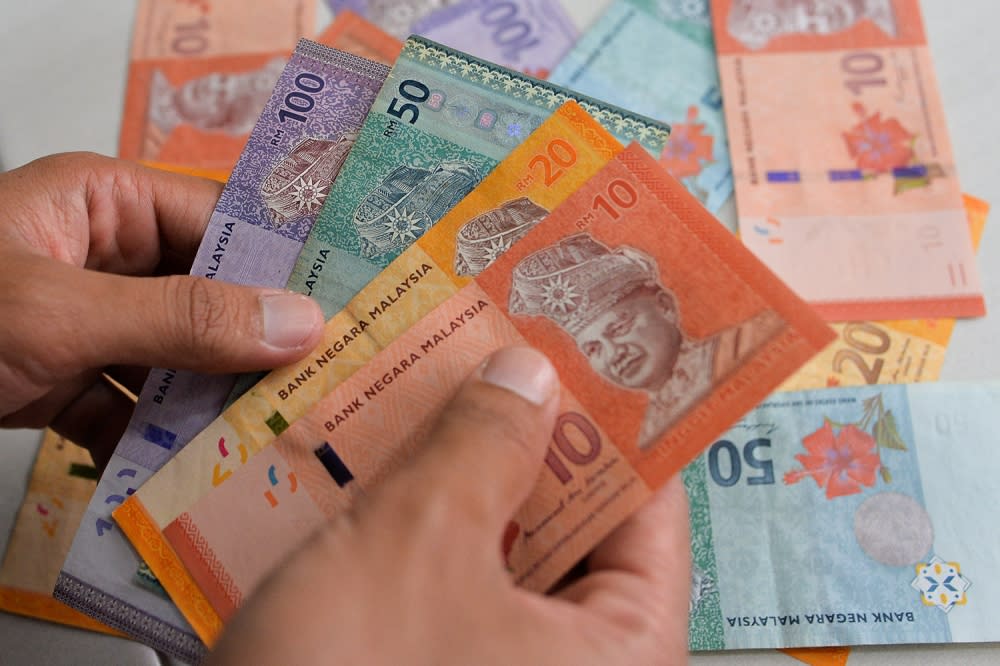What does it take for Malaysians to care more about local issues? Being Malay and well-off for a start, report suggests

Malaysians tend to engage more on issues if they are more well-off and have little worry about putting food on the table
Similarly, the majority Malays are more comfortable discussing issues while the ethnic Chinese are either less comfortable or unconcerned
SUBANG JAYA, June 14 — Malaysians who engage with local socio-political issues tend to be from the majority Malay community or earning well enough, a recent report by Taylor's University, analytical consulting firm Chasseur Group and Canadian-based think tank Digital Public Square has found.
The report titled “Trust in Media and the Government: An Analysis of Superpower Influence” found that Malaysians are only more engaged if they have more disposable income, as this means they are in a more comfortable position to do so if there is no worry about cost of living and other bread and butter issues.
“The Malay community tends to have a more positive view to the many questions presented on this aspect,” said Benjamin YH Loh, the director for Taylor's University's Peace, Justice and Strong Institutions Impact Lab while presenting the report earlier this week.
“The Chinese community seems to be a bit less, meaning that the community doesn’t want to engage or recognise them as major issues that need to be addressed.”
The report also found that the Chinese community seemed unconcerned with almost every issue and had little trust for most local institutions.
This comes as it found that Malaysians are just above average when it comes to trusting their government, scoring 6.6 out of 10 in its index.
The result mirrored Malaysia's score in the annual Trust Index by global communications firm Edelman, scoring 62 out of 100 in its trust in local institutions last year after scoring 66 in 2022.
Other findings included:
Respondents who have more trust in the government tended to either earn more than RM5,000 monthly or identify themselves as “right-leaning”
Just 65 per cent of respondents agreed that the government is heading in the right direction. Those who did tend to be “right-leaning”, from the Chinese community, or having low-income — defined here as earning below RM5,000.
While 91 per cent of respondents said diversity is positive for the country, those who did not agree with this tend to be low-income ethnic Chinese.
A similar high proportion — at 94 per cent — also said their nationality is important to their identity, but this was opposed by ethnic minorities with low education background.
Just over half, at 55 per cent, agreed that the country treats everyone equally. Left-leaning Chinese tend to disagree with this sentiment.
A whopping 93 per cent said the country should do more to protect human rights, with the Malays generally agreeing with this.
“There is positive trust, but it is still relatively low,” Loh said.
Meanwhile, Chasseur Group's executive director Munira Mustaffa underscored the importance of trust in the government in providing legitimacy to the media and the government institution.
“If we don’t have trust, there's going to be an erosion of the relationship of the people and the state,” she said.
A survey was commissioned by Digital Public Square and was conducted in November last year by data and insights company TGM Research. A total of 1,537 respondents were reported, broken down to Malays (953), ethnic Chinese (353) and ethnic Indians (72).
The result of the survey was then analysed by Taylor's University and Chasseur Group, resulting in the report.
This article is part of a series of stories based on the “Trust in Media and the Government: An Analysis of Superpower Influence” report. Read also:
Benjamin Loh and Munira Mustaffa's opinion piece on the importance of their study



